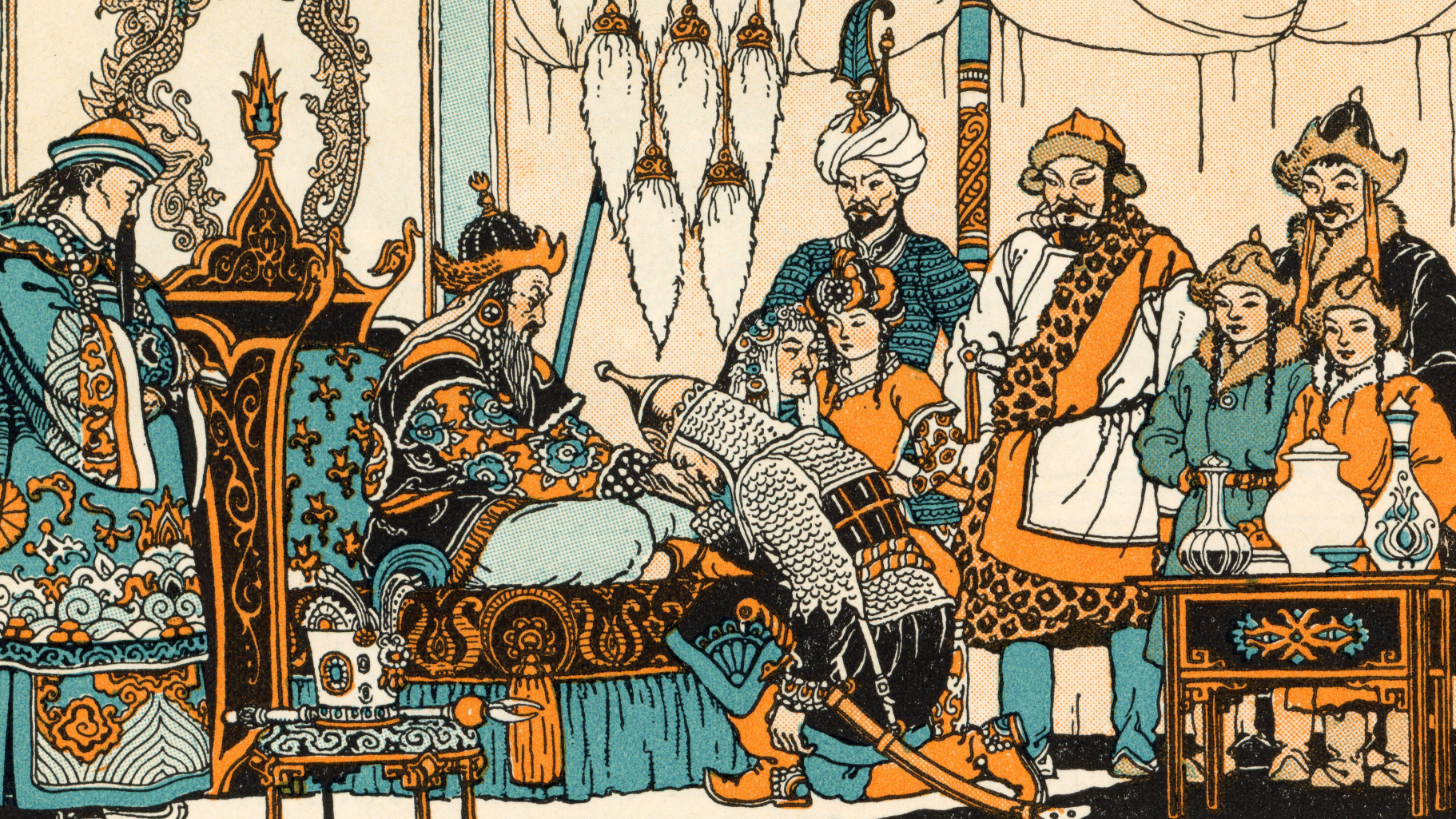How Much Radiation-Contaminated Water Will Kill You?

Get the world’s most fascinating discoveries delivered straight to your inbox.
You are now subscribed
Your newsletter sign-up was successful
Want to add more newsletters?

Delivered Daily
Daily Newsletter
Sign up for the latest discoveries, groundbreaking research and fascinating breakthroughs that impact you and the wider world direct to your inbox.

Once a week
Life's Little Mysteries
Feed your curiosity with an exclusive mystery every week, solved with science and delivered direct to your inbox before it's seen anywhere else.

Once a week
How It Works
Sign up to our free science & technology newsletter for your weekly fix of fascinating articles, quick quizzes, amazing images, and more

Delivered daily
Space.com Newsletter
Breaking space news, the latest updates on rocket launches, skywatching events and more!

Once a month
Watch This Space
Sign up to our monthly entertainment newsletter to keep up with all our coverage of the latest sci-fi and space movies, tv shows, games and books.

Once a week
Night Sky This Week
Discover this week's must-see night sky events, moon phases, and stunning astrophotos. Sign up for our skywatching newsletter and explore the universe with us!
Join the club
Get full access to premium articles, exclusive features and a growing list of member rewards.
Radioactive substances are leaching into the water supply near and far from the quake-damaged nuclear reactors in Fukushima, Japan. After an abnormally high level of iodine 131 was detected in the water in Tokyo on March 23, a media frenzy ensued, residents were told not to let their infants drink the city supply, and stores quickly sold out of bottled water.
Are fears of contaminated water justified in Japan? Is the level of contamination actually dangerous?
A 1-sievert (Sv) dose of radiation increases a person's lifetime cancer risk by 4 percent, according to health physicist and radiation safety expert Peter Caracappa of the Renssealaer Polytechnic Institute. To put that in real terms, if 1,000 people are exposed to 1 Sv of radiation, 40 more of them will develop cancer in their lifetimes than would otherwise.
A person would have to ingest 77 million becquerels of radioactive iodine in order to receive a 1 Sv radiation dose, Caracappa told Life's Little Mysteries, a sister site of LiveScience.
At its highest level of contamination (recorded on March 23), Tokyo water contained 210 becquerels of radioactive iodine per liter. A simple calculation shows that a person would have to drink about 370,000 liters (97,000 gallons) of that water to expose himself to 1 Sv of radiation, and thus increase his lifetime cancer risk by 4 percent.
At the recommended rate of eight glasses of water a day, it would take someone about 530 years to consume that much water. Besides the obvious fact that no one lives that long anyway, iodine 131 also radioactively decays within days, so the Tokyo water supply will not remain contaminated for nearly that long. On March 24, a day after the high reading, the radioactive iodine level had already fallen to 79 becquerels per liter.
"My opinion is that we're unlikely to see an increase in cancer deaths as a result of the nuclear accident in Japan, given the information I have access to about the levels of dose that the population is being exposed to," Caracappa said.
Get the world’s most fascinating discoveries delivered straight to your inbox.
This article was provided by Life's Little Mysteries, a sister site to LiveScience. Follow Natalie Wolchover on Twitter @nattyover
Natalie Wolchover was a staff writer for Live Science from 2010 to 2012 and is currently a senior physics writer and editor for Quanta Magazine. She holds a bachelor's degree in physics from Tufts University and has studied physics at the University of California, Berkeley. Along with the staff of Quanta, Wolchover won the 2022 Pulitzer Prize for explanatory writing for her work on the building of the James Webb Space Telescope. Her work has also appeared in the The Best American Science and Nature Writing and The Best Writing on Mathematics, Nature, The New Yorker and Popular Science. She was the 2016 winner of the Evert Clark/Seth Payne Award, an annual prize for young science journalists, as well as the winner of the 2017 Science Communication Award for the American Institute of Physics.
 Live Science Plus
Live Science Plus











